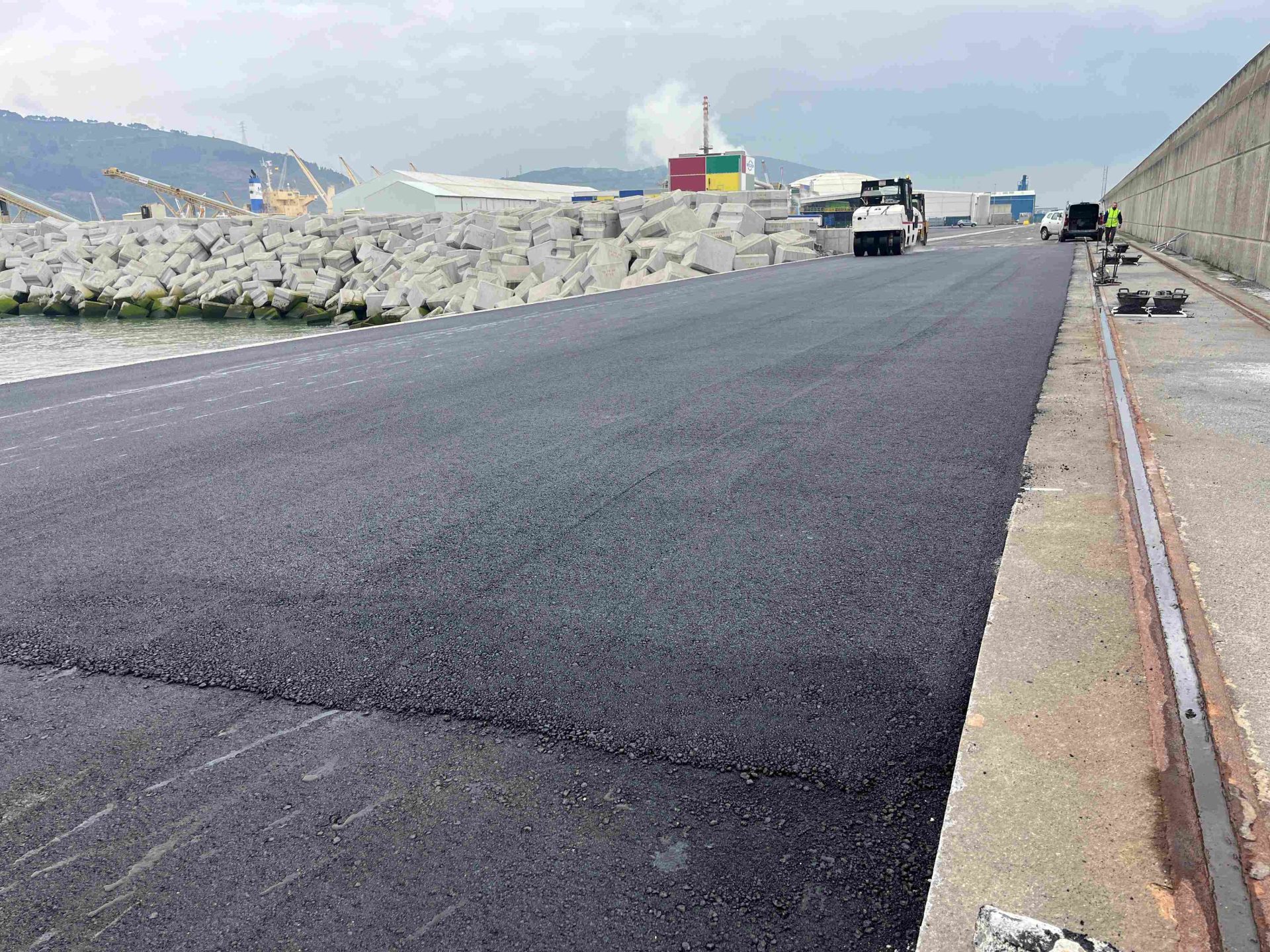"Use of recycled and local materials reduces the carbon footprint and the volume of waste sent to landfill"
A pioneering Basque project recovers industrial materials to create sustainable and monitored road surfaces
CYCASA, BEFESA, FCC, FUCHOSA, TUBOS REUNIDOS and OSOAK and TECNALIA and CERTINALIA have demonstrated that strategic industrial waste can become key allies for the construction of sustainable and smart roads.
The ECO2D4.0 initiative, running from 2022 to 2025, aimed to design and validate ECO-surfaces, i.e. road surfaces made of more than 90 % secondary materials from waste, such as steel mill slag, milling waste, ferrosite, MSW incineration slag or foundry sand.
From waste to road surfaces: innovation in every layer
Through multiple phases of research and testing, the consortium has developed prototypes of graded aggregate, gravel and asphalt mixtures that comply with the most stringent regulatory requirements. In some cases, performance of conventional materials has even been surpassed.
Intensive efforts have been made on the functional and environmental characterisation of the waste, followed by the development of specific mixtures, laboratory validation and a real pilot test carried out in the Port of Bilbao. The selected mixtures not only achieve the technical parameters, but also reduce the extraction of natural resources and the emissions associated with the transport and production of virgin materials.
Technology 4.0 for the roads of the future
One of the major advances of the project has been the creation of a real-time monitoring ecosystem that turns roads into smart infrastructures.
- Using sensors embedded in the surface layers and LoRa wireless connectivity, structural data is collected to anticipate failures, optimise maintenance and extend the life of the road surfaces.
- The information is visualised on a 3D digital platform based on technologies such as Autodesk Forge, Angular and MySQL databases, integrating geographic visualisation, structural parameters and environmental impact prediction.
Environmental impact and circular economy
ECO2D4.0 has not only been an exercise in technological innovation, but also a clear commitment to sustainability. Use of recycled and local materials has led to a significant reduction in the carbon footprint and the volume of waste sent to landfill. Furthermore, a predictive Life Cycle Assessment (LCA) tool has been developed to compare design scenarios and select the most sustainable solutions in each context.
Within the framework of the HAZITEK 2022 programme, the ECO2D4.0 project has been led by CYCASA and includes entities such as BEFESA, FCC, FUCHOSA, TUBOS REUNIDOS and OSOAK, as well as the participation of TECNALIA and CERTINALIA.

